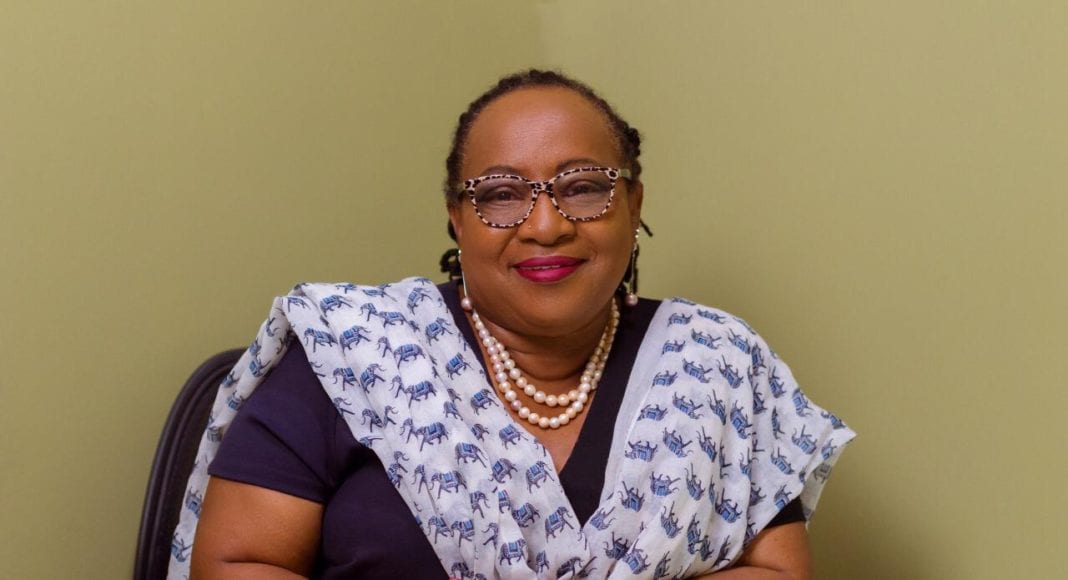Guyanese Non-Governmental Organization (NGO), Women in Oil and Gas, is seeking to change age-old stereotypes about the way women are perceived as to their readiness and suitability for technical fields, including those in the petroleum sector.
So says Dr. Dawn Stewart, Founding Director of Women in Oil and Gas Guyana, who was at the time making a presentation on behalf of the body at the Caribbean Virtual Oil and Gas Summit held this month.
“Why focus on women in the emerging oil and gas economy of Guyana?” Dr. Stewart asked. “It is important to note that although oil affects gender relations, women are placed in the shadows and in most cases with the view that they do not have the technical know-how required in the oil and gas industry.” She said for this reason, Women in Oil and Gas see this as an opportunity to inform, guide and prepare girls and women to embark on this new economic direction.
Dr. Stewart said the notion that women are not capable of entering the oil economy has the potential to increase the hardships they experience. “In Guyana, it is often perceived that women lack preparedness. They do not usually have access to resources, competence and technical education that would improve their skills and capabilities, hence their inability to rise up to the occasion in getting opportunities in this emerging industry may appear challenging to them.”
She pointed out that research evidence from the global context shows that women have little opportunities in the oil industry. “The primary reason has been the low level of education and skills of women in many instances,” she said.
Dr. Stewart added that it is the hope of the NGO that the emerging oil economy in Guyana will improve the economic status of girls, women, and men alike. “Studies show that opening economic options for women puts poverty reduction on a faster track,” she stated. “Investment in women’s economic empowerment can deliver significant returns at all levels.”
She said Women in Oil and Gas will be advocating for increasing women’s involvement from entry level to the decision-making level in all areas of the emerging industry, increase the involvement of members in key areas and aid in achieving gender parity in the workplace both in the number and quality of positions afforded to women and equal pay for equal work. The organisation will also be looking to ensure women’s leadership is increased at all levels of the energy sector.
“Secondly, the body will seek to promote the inclusion of girls and women and challenge old cultures and privileges,” she stated.
Guyana recently became an implementing country for the Extractive Industries Transparency Initiative in October 2017 and since then it has published its 1st Country Report for fiscal year 2017 and is in the process of compiling the report for 2018.
The EITI has for 2019 adopted the criterion of gender equality to their Standard as another pillar on which a country’s performance will be judged with regards to transparency in the extractive sector.
EITI has said that gender equality is a key component of sustainable development as highlighted by the United Nations Sustainable Development Goal 5.
“The extractive industries have a key role to play in attracting women and advancing gender relations within the broader transparency agenda. Women make up half the population and should be represented in all walks of life,” Simone Niven, EITI Board member, is quoted as saying.
ExxonMobil, operator at the Stabroek Block offshore Guyana, has said of the more than 2000 Guyanese supporting project development activities in the country, 300 are women in both the professional and technical fields.



